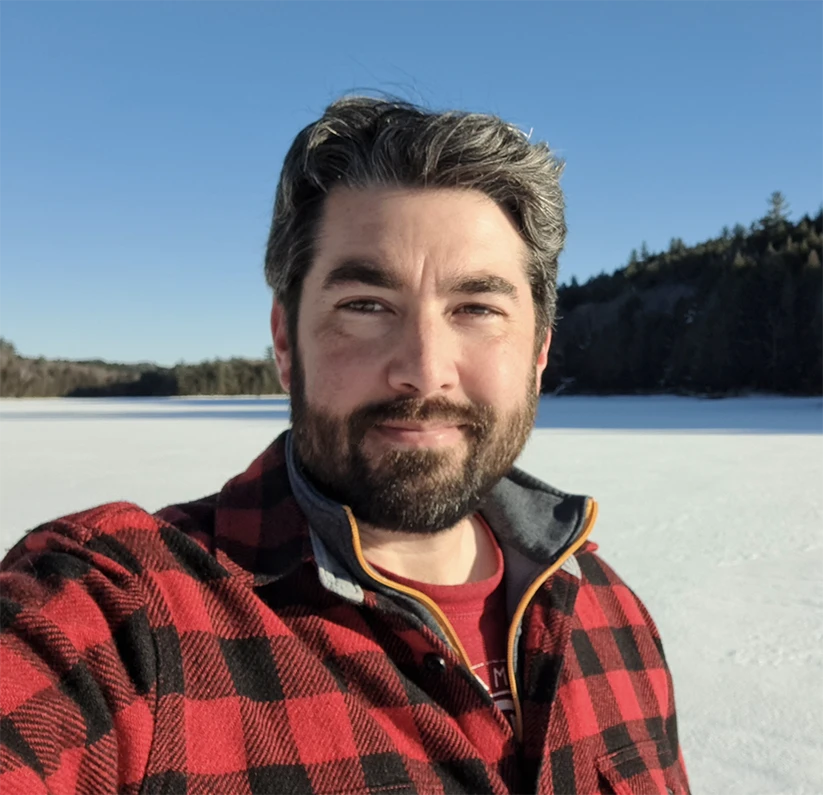
Dr. Thomas Cullen
PALEONTOLOGIST, Professor & Museum Curator

What is your current job title, and what do you do? Where do you spend most of your workday?
I am currently an Assistant Professor of Paleobiology in the Geosciences Department at Auburn University and Curator of Paleontology at the Auburn University Museum of Natural History (based out of Washington, USA).
My job involves a mix of scientific research, teaching classes, supervising student projects, applying for grants, performing public outreach, and participation on various committees for the university, department, or academic societies. My research focuses on understanding extinct organisms and ecosystems, and testing how environmental changes and species interactions impacted ecosystem structure in greenhouse climate systems. This is mostly, though not exclusively, focused on vertebrates from the Cretaceous Period of North America.
The structure of my workday depends on the time of year. During the Fall and Winter semesters I will typically do a mix of working from my office, teaching classes, and working in my lab. In the summer, I’m generally out doing fieldwork or visiting other labs/museums to do research. I will also often travel internationally to attend conferences. My fieldwork is my favourite part of my job, and through it I’ve been able to perform research and visit a range of very cool places such as the Canadian Arctic, the badlands of western Canada, the US, and Argentina, high up in the mountains in BC, and even down to Antarctica.
What education, training and past work experience do you have?
B.Sc. with Honours and M.Sc. in Earth Sciences from Carleton University,
PhD in Ecology and Evolutionary Biology from the University of Toronto
During my studies I worked as a Museum Collections Technician at the Canadian Museum of Nature, and after my PhD I worked contracts as a postdoctoral researcher with the Field Museum of Natural History in Chicago (doing a mix of research and museum exhibit design), as a postdoctoral scholar with the North Carolina Museum of Natural Sciences in Raleigh (doing a mix of research and public outreach program design), and then as an NSERC postdoctoral fellow with Carleton University (performing research, with a small amount of teaching). Following this, I was hired to work as an assistant professor at Auburn University, where I have been since January 2023.
I am also an elected Fellow of the Royal Canadian Geographical Society, largely due to my experience doing science outreach and other work to bring public awareness to scientific research that myself and others have performed.
I would also note that my particular specialty in Earth Sciences is palaeontology, and I have been involved in some way with museums since the beginning of my undergrad, so my pathway of education, training, and experience in the Earth Sciences has been more of a mixture of both the geological and biological aspects of the field.
